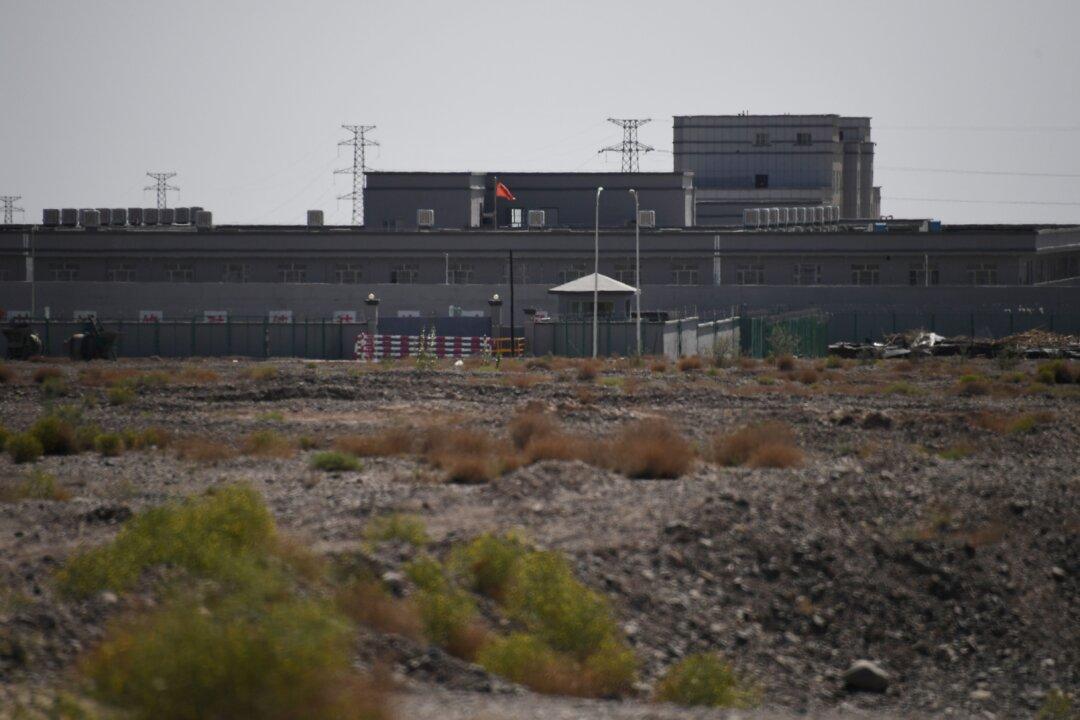This has been the third Parliamentary urgent questions session on Xinjiang, which also came days ahead of a crucial vote that, if passed, will make the UK the first country to give its domestic courts power to judge genocide cases.
Genocide Amendment
The UK House of Commons on the same day rejected an amendment from the House of Lords, which would give UK courts power to make a preliminary judgment on genocide and revoke trade deals with countries that have committed genocide. The UK government opposed the amendment on procedural grounds.During the urgent questions session, MPs urged the government to change its stance on the amendment.
“Everybody in this house knows there is no prospect of China being held to account through the International Criminal Court, or the International Court of Justice,” Nusrut Ghani, one of the Conservative MPs sponsoring the amendment said.
“So I asked the minister, how is the government’s going to get the court judgment it needs to act when all international routes are paralyzed by China?”
Magnitsky-Style Sanctions
MPs also urged the government to sanction those responsible.“Where on earth are the Magnitsky sanctions that we on these benches and members from across this house, have been calling for since last June?” Labour MP Stephen Kinnock asked.
“The Foreign Secretary said the body of evidence in Xinjiang is large, diverse, and growing, and we know the names of the senior Chinese officials who are responsible for these atrocities, the U.S. sanction[ed] them last summer. Who in government is holding this up?” he added.
The sanctions came five days after the Beijing-imposed national security law took effect in Hong Kong.
Minister for Asia Nigel Adams told MPs that the government is “carefully considering any further designations” of targeted sanctions.
“We keep all evidence and job listings under review,” he added.
Adams said the UK government funded a report that “helped build the evidence base for what’s going on in Xinjiang,” and it will continue to work independently and with the UK’s international partners “to ensure that China is held to its international obligations.”





